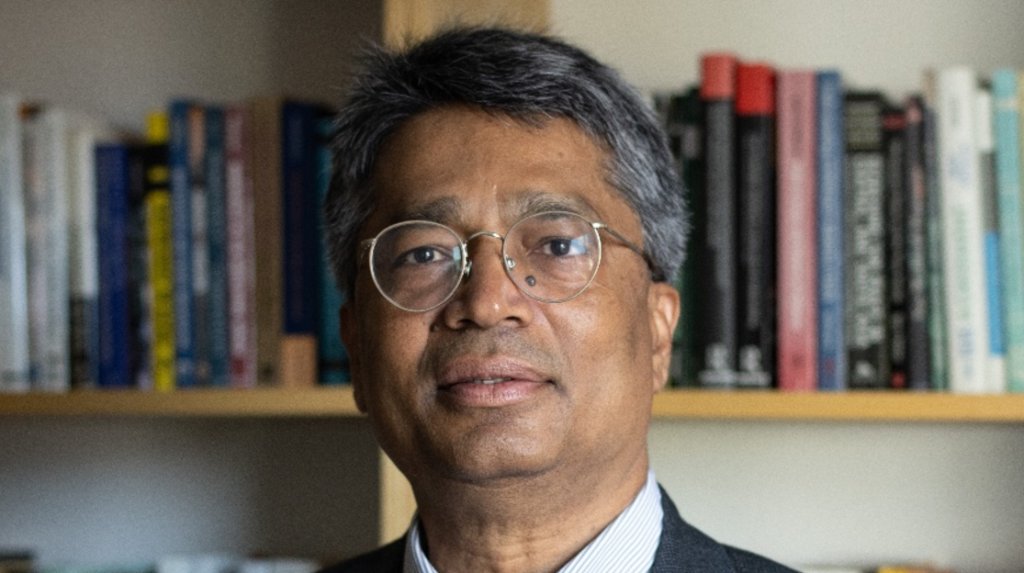Imran Khan’s Military Challenge
Imran Khan’s ongoing confrontation with Pakistan’s powerful military has sparked a debate that could reshape the country’s political landscape. In a nation where the armed forces have wielded significant control for decades, Khan’s challenge is unprecedented in its boldness and scale. “Imran Khan’s Military Challenge” has exposed systemic flaws in Pakistan’s governance and created an opportunity for reform that may strengthen democracy.
A History of Military Dominance
For over seven decades, Pakistan’s military has maintained a dominant presence in both political and economic spheres. Through direct coups, covert manipulation, and a culture of impunity, the military has consistently undermined democratic institutions. Civilian governments, including Khan’s administration, have historically been constrained by military influence, operating with limited autonomy. Leaders such as Zulfikar Ali Bhutto, Benazir Bhutto, and Nawaz Sharif faced dire consequences when they sought to challenge this status quo.
Imran Khan, once aligned with the military establishment, has now become its most outspoken critic. His accusations of political interference, corruption, and election rigging by senior military figures have shattered longstanding taboos. Publicly naming figures like former Army Chief General Qamar Javed Bajwa and the current Chief General Asim Munir, Khan has forced the nation to confront a question it has long avoided: Should the future of Pakistan be shaped by elected leaders or unelected generals?
A Historic Reckoning
Khan’s imprisonment and his relentless criticism of the military have ignited a wave of dissent among Pakistanis. The protests following his arrest in May 2023 marked a turning point. Military installations were stormed, and for the first time, ordinary citizens, including military families, openly challenged the institution’s authority. This unprecedented backlash underscored the deep frustration many feel toward the military’s overreach.
Although these protests turned violent – actions that cannot be condoned – they laid bare the public’s discontent with a system that has stifled democratic progress. The breach of the military’s symbolic strongholds reflected a growing demand for accountability and a recalibration of power dynamics in Pakistan.
Polarisation and Democratic Awakening
Imran Khan’s confrontational style has undoubtedly polarised the country. His uncompromising rhetoric has alienated some political allies and deepened divisions within Pakistan’s political fabric. However, his stance has also brought critical issues to the forefront, mobilising millions, including a new generation of politically aware youth and women, who had previously remained disengaged from politics.
The debate sparked by Khan’s challenge has compelled political parties, civil society, and even the judiciary to reflect on their roles in perpetuating military dominance. His actions have exposed rifts within the military itself, with reports suggesting that some personnel and their families sympathise with his cause. This internal division highlights growing resistance to the military’s unchecked authority and presents an opportunity for reform.
Judiciary and Media Under Scrutiny
Khan’s legal battles have also tested the independence of Pakistan’s judiciary. While some judges have shown resilience by questioning military trials for civilians and granting bail, recent amendments have undermined judicial autonomy. The judiciary’s response to these challenges will play a pivotal role in shaping the country’s democratic future. Similarly, the media’s ability to hold all institutions accountable remains critical.
The Path to Reform
While the military’s crackdown on Khan’s Pakistan Tehreek-e-Insaf (PTI) party threatens to suppress political pluralism, history suggests that systemic change often emerges from moments of crisis. This tumultuous period could pave the way for recalibrating civil-military relations and strengthening democratic institutions.
For this transformation to occur, political leaders must resist the temptation to exploit military support for short-term gains. The military, in turn, must acknowledge that its legitimacy and effectiveness depend on adhering to its constitutional role. Civilian institutions, including the judiciary and media, must actively work to hold all actors accountable.
A Defining Moment for Pakistan
Imran Khan’s military challenge represents more than a personal power struggle – it is a defining moment for Pakistan’s democracy. By exposing systemic flaws and pushing for reform, he has laid the groundwork for limiting the military’s influence and empowering civilian governance.
The road ahead is fraught with obstacles, but the stakes are existential. Pakistan has a chance to move closer to the democratic ideals enshrined in its constitution. This crisis, if navigated wisely, could mark the beginning of a new era where the will of the people, rather than the dictates of unelected institutions, shapes the nation’s destiny.
Ashok Swain is a peace and conflict research professor at Uppsala University, Sweden.




Thanks for sharing. I read many of your blog posts, cool, your blog is very good.
thanks alot